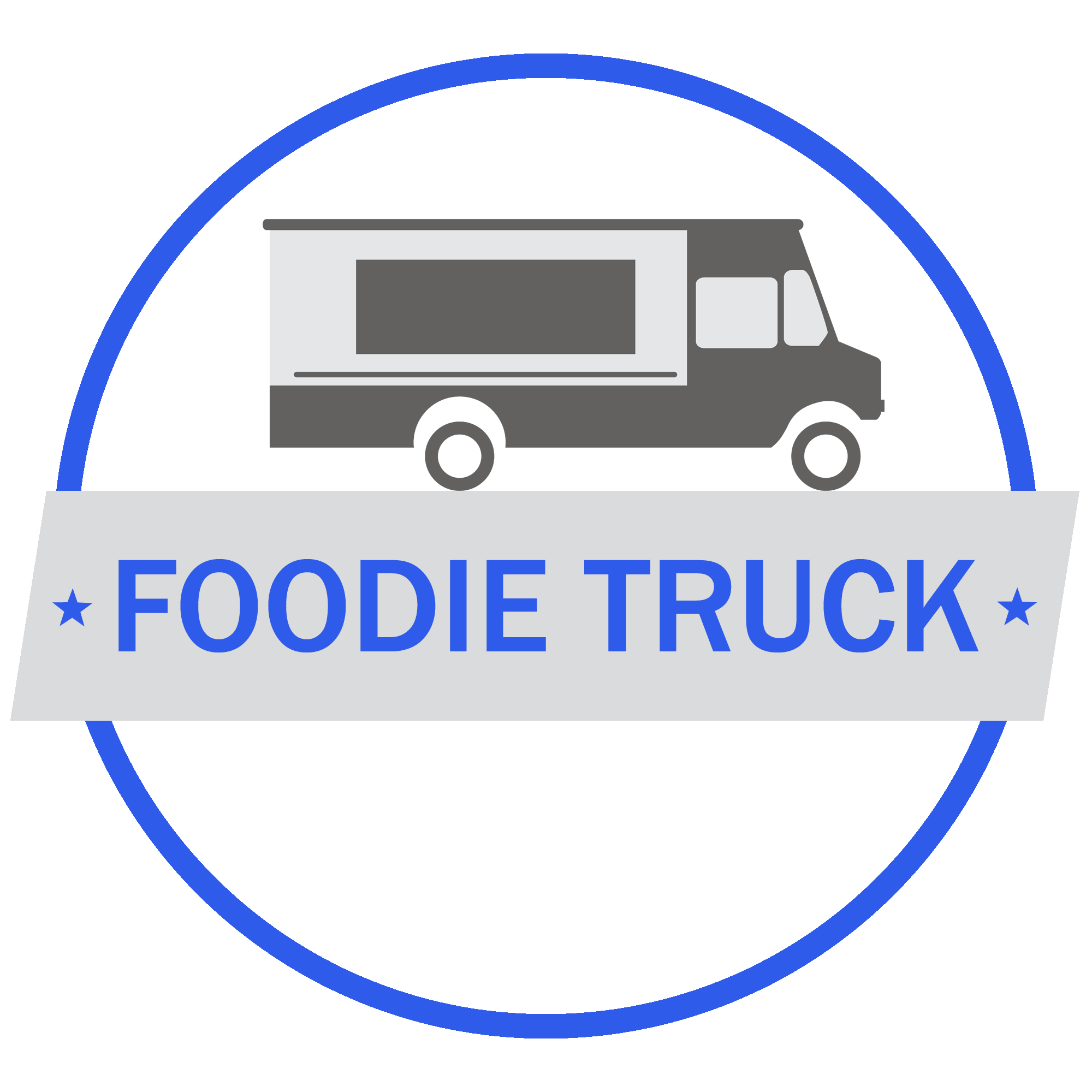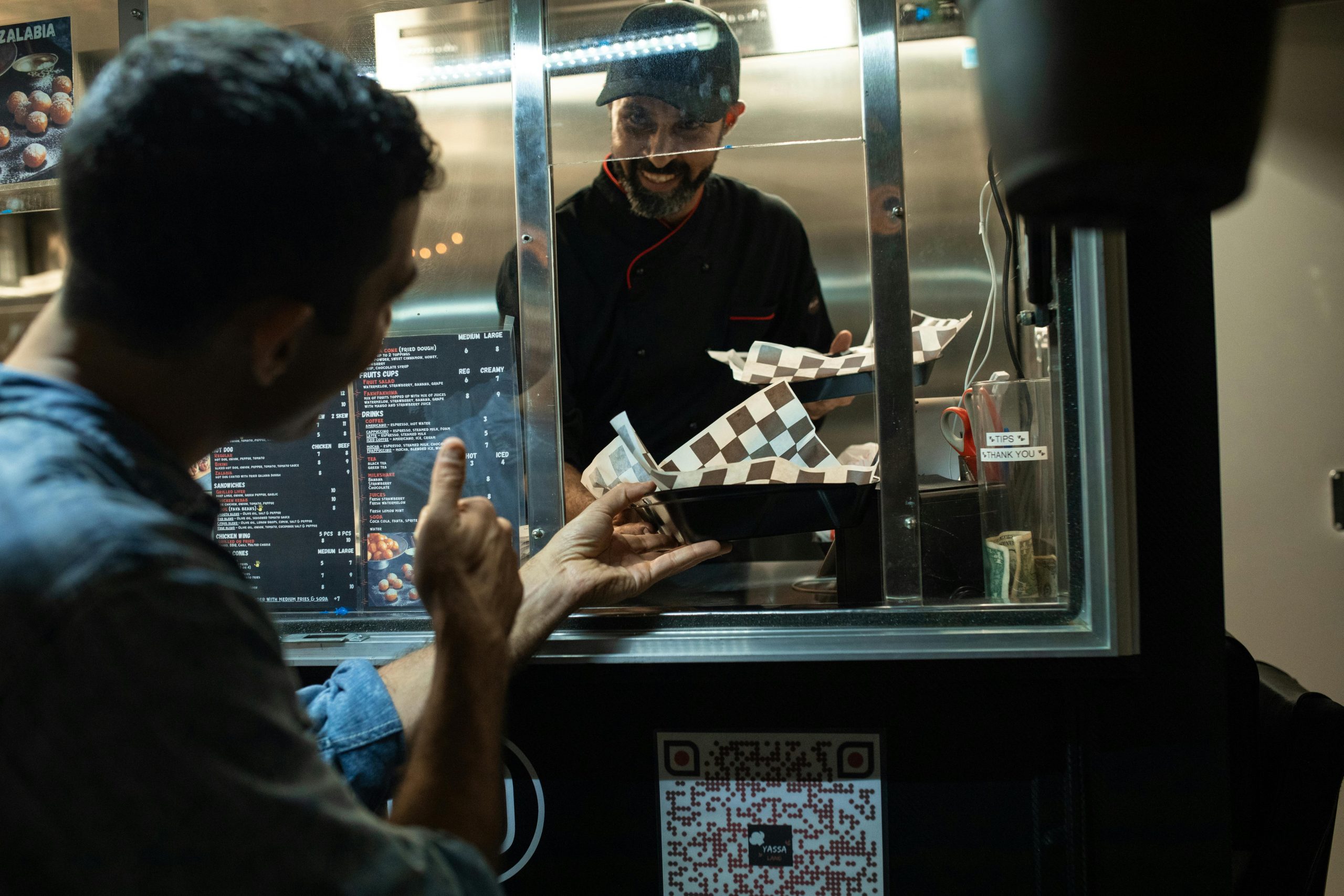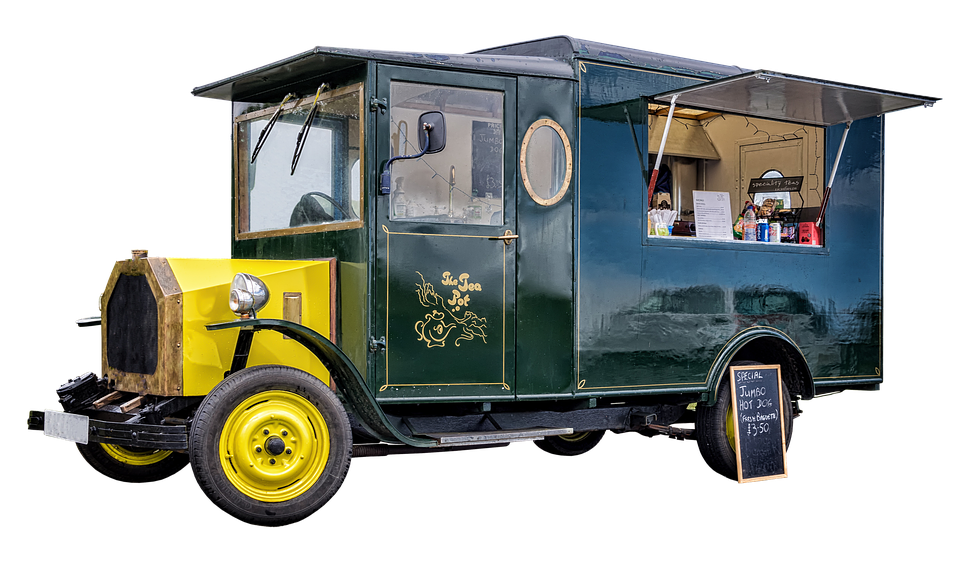Food trucks have become a culinary phenomenon across the globe, but their journey from “roach coaches” to gourmet kitchens on wheels is a story of innovation, resilience, and the reimagining of street food culture. In this blog post, we delve into the fascinating evolution of food trucks, tracing their path from humble beginnings to their current status as a trendy and respected dining option.
The Humble Beginnings
The Early Days: The origins of food trucks can be traced back to the late 19th century. Chuckwagons and pushcarts served simple, quick meals to cowboys, urban workers, and immigrants. These mobile eateries were basic and functional, offering hearty, no-frills sustenance.
Post-War Era: After World War II, mobile canteens started catering to blue-collar workers in industrial areas. Known colloquially as “roach coaches,” these trucks were basic and utilitarian, offering convenient but limited food options, often in places where traditional restaurants were not available.
The Gourmet Revolution
The Late 2000s Boom: The transformation began in the late 2000s, in cities like Los Angeles and New York. Entrepreneurs and chefs started experimenting with these mobile eateries, offering gourmet, restaurant-quality food at a fraction of the price. Food trucks like Kogi BBQ in LA, known for their Korean-Mexican fusion cuisine, became trailblazers.
Social Media and Branding: The rise of social media played a pivotal role in the evolution of food trucks. Platforms like Twitter allowed truck owners to communicate with customers in real-time, sharing locations, specials, and creating buzz. Food trucks became a trendy, must-try dining experience, with branding and aesthetics playing a significant role.
The Diversity of Cuisines and Concepts
Culinary Creativity: Today, food trucks offer an astonishing range of cuisines and innovative concepts. From vegan dishes and gluten-free options to artisanal sandwiches and fusion foods, the possibilities are endless. Food trucks have become incubators for culinary creativity.
Food Trucks and Events: Food trucks are now a common sight at weddings, corporate events, and festivals, reflecting their status as a desirable and versatile catering option.
The Impact on Local Economies and Communities
Supporting Local Economies: Food trucks have become integral to local economies, creating jobs and supporting local suppliers and producers.
Community and Culture: They contribute to the cultural fabric of cities, often participating in community events and fostering a sense of community among food lovers.
Looking to the Future
Sustainability and Technology: The future of food trucks is focused on sustainability, with more trucks adopting eco-friendly practices. Additionally, technology continues to play a significant role, from online ordering systems to app-based tracking of truck locations.
Continued Innovation: As food trucks continue to evolve, they push the boundaries of what is possible in mobile dining, constantly redefining the street food experience.
From their modest origins to their present-day gourmet status, food trucks have undergone a remarkable transformation. They are more than just a dining trend; they are a testament to culinary innovation and the democratization of gourmet food. The journey of food trucks is an ongoing story of adaptation, creativity, and community.
Ready to explore the world of gourmet street food?
Get started on your own food truck adventure!
👉 Visit Foodie Truck and discover the best local food trucks near you!





